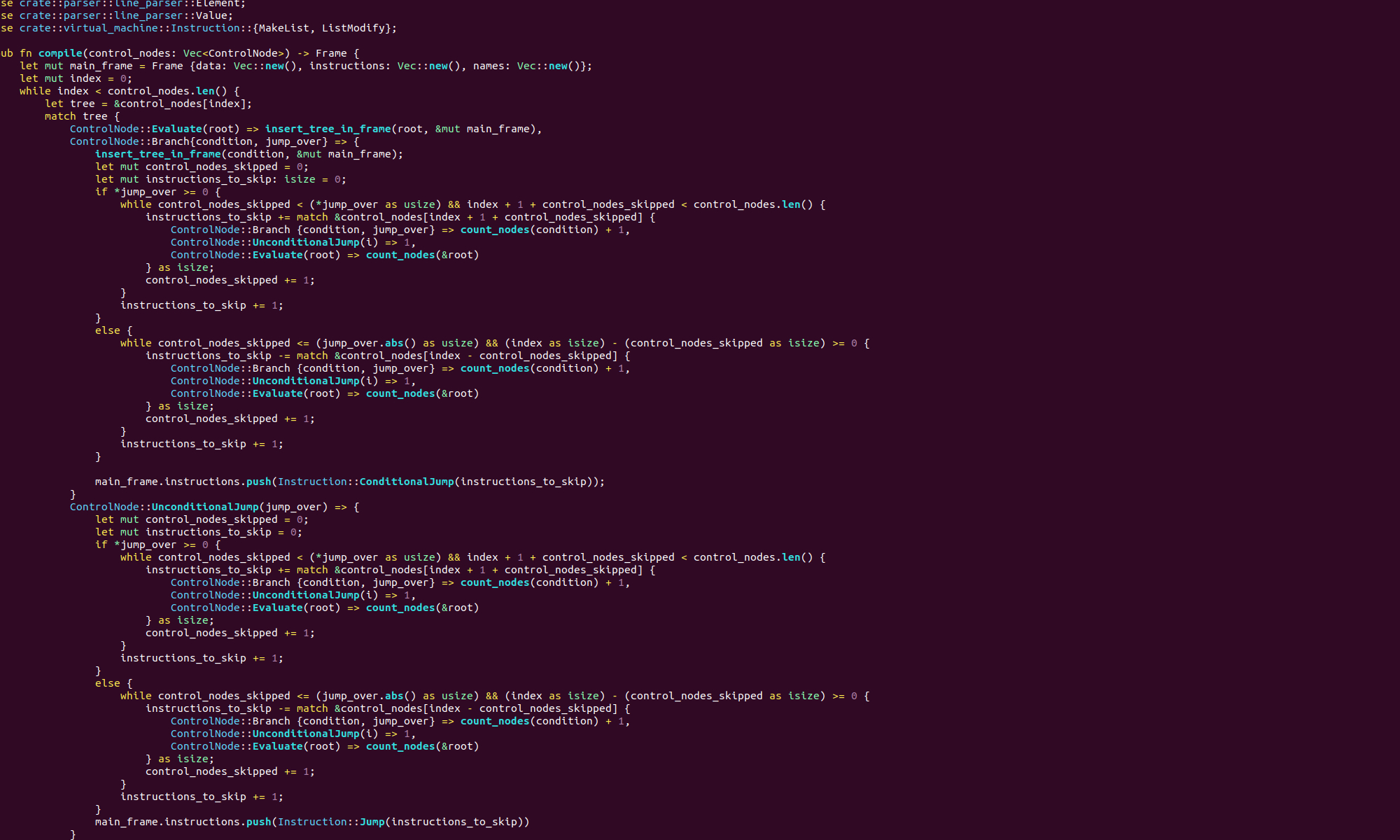Jon Skeet is a bit of a legend. He has the highest reputation score on Stack overflow. He got there because of his consistently patient, helpful and correct answers. He is probably the most prominent C# developer there is. So, when I started a new job as a C# developer, I decided to read Skeet’s book, C# in Depth.
It’s a very good book. There is one big problem however, the structure. This book is divided into five parts, each dealing with a successive major numbered release of C#. This chronological structure is quite strange. The overriding assumption of the author is that the reader is familiar with C# 1. Given that C# 2 was released 13 years ago, this is a pretty strange angle. It’s hard to imagine there are many programmers today who are familiar with C# 1 but need a detailed walk through of the new additions to the language in C# version 2 to 5. The book ends up a sort of mix between a history of C# and an intermediate user’s guide.
One example of the problem with this structure is how delegates are covered. They are first introduced briefly in chapter 1. Improvements to the delegate syntax in C# 2 are then covered in detail in chapter 5. In neither of these chapters is there a clear explanation of what delegates actually are or why they are part of C#. Indeed when we reach chapter 10 Skeet covers lambda expressions, which, in reality, make delegates redundant for most use cases.
Another victim of the unorthodox structure is the coverage of class properties. Modern C# syntax allows us to define properties in a very quick intuitive manner. In this book, first we learn about properties as they originally appeared in C# 1. Then, in chapter 7, we see how C# 2 allowed a mix of public getters with private setters. Finally in chapter 8 we see how properties are actually implemented in modern C#.
There is of course a benefit to covering older versions of the language in detail. C# is a language designed for enterprise development. So, if you code in it, you are likely to be working with a large legacy code base. This means that understanding what the language looked like in it’s various iterations is useful. However, these topics would be a lot better served if they were covered all at once, rather than being split over multiple chapters.
Skeet spends a lot of time covering Linq, which is great. Linq is a really cool feature of C#, and he covers cool details, like how to use extension methods and iterators to integrate your own code into LINQ. He also covers the query expression Linq syntax. This is the syntax that lets your write a linq expression in the style of a SQL query. Frankly I think Linq expression syntax is a monstrosity and should never be used, but it is probably useful to cover it, and explain how it works (it’s really just syntactic sugar for the normal linq syntax). There is also a useful section on async code, that gets into a lot of really useful detail.
Overall, Skeet has an ability to make some quite obscure topics interesting and accessible. He always presents new ideas with realistic and useful code snippets. Most important of all, he writes in a fun conversational style, that makes reading his book a lot more fun than a typical intermediate language guide.
